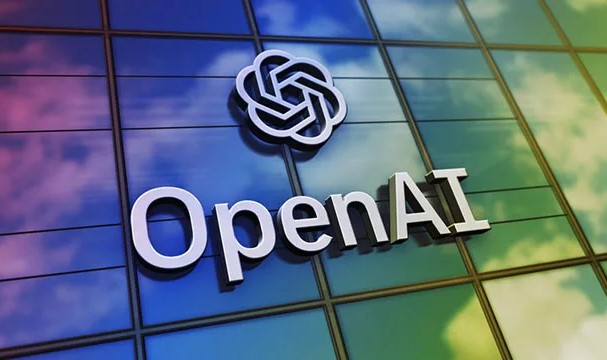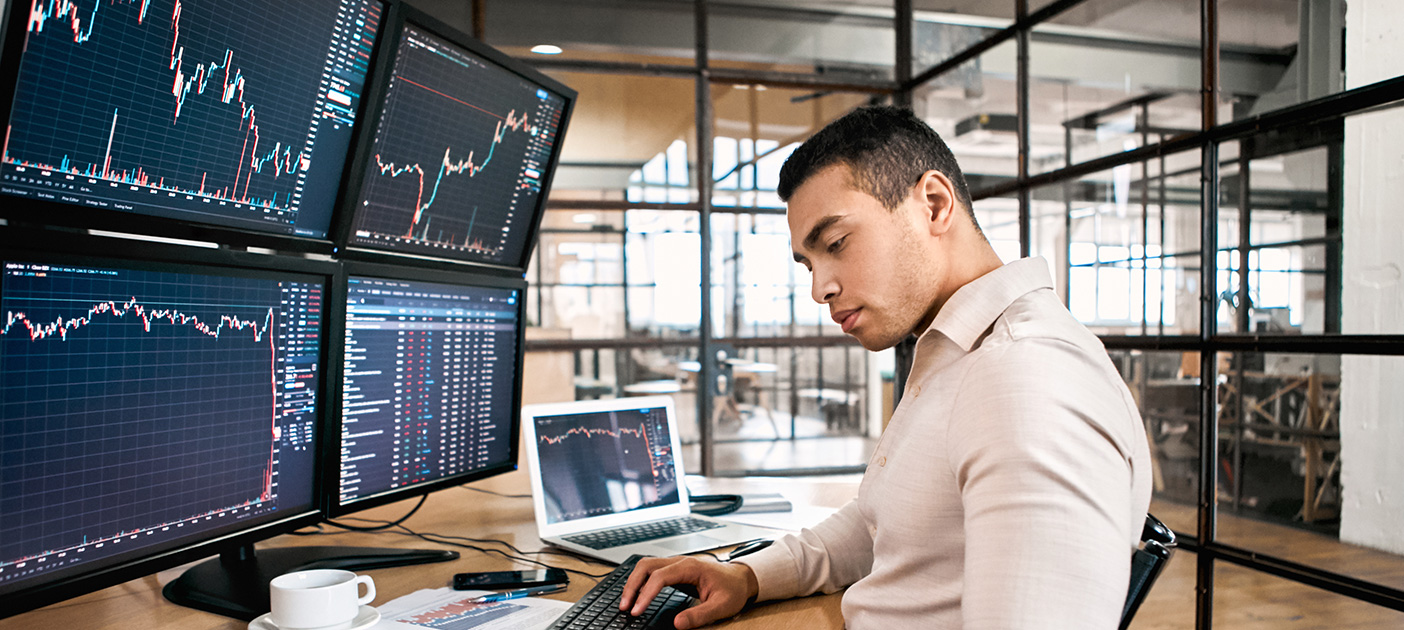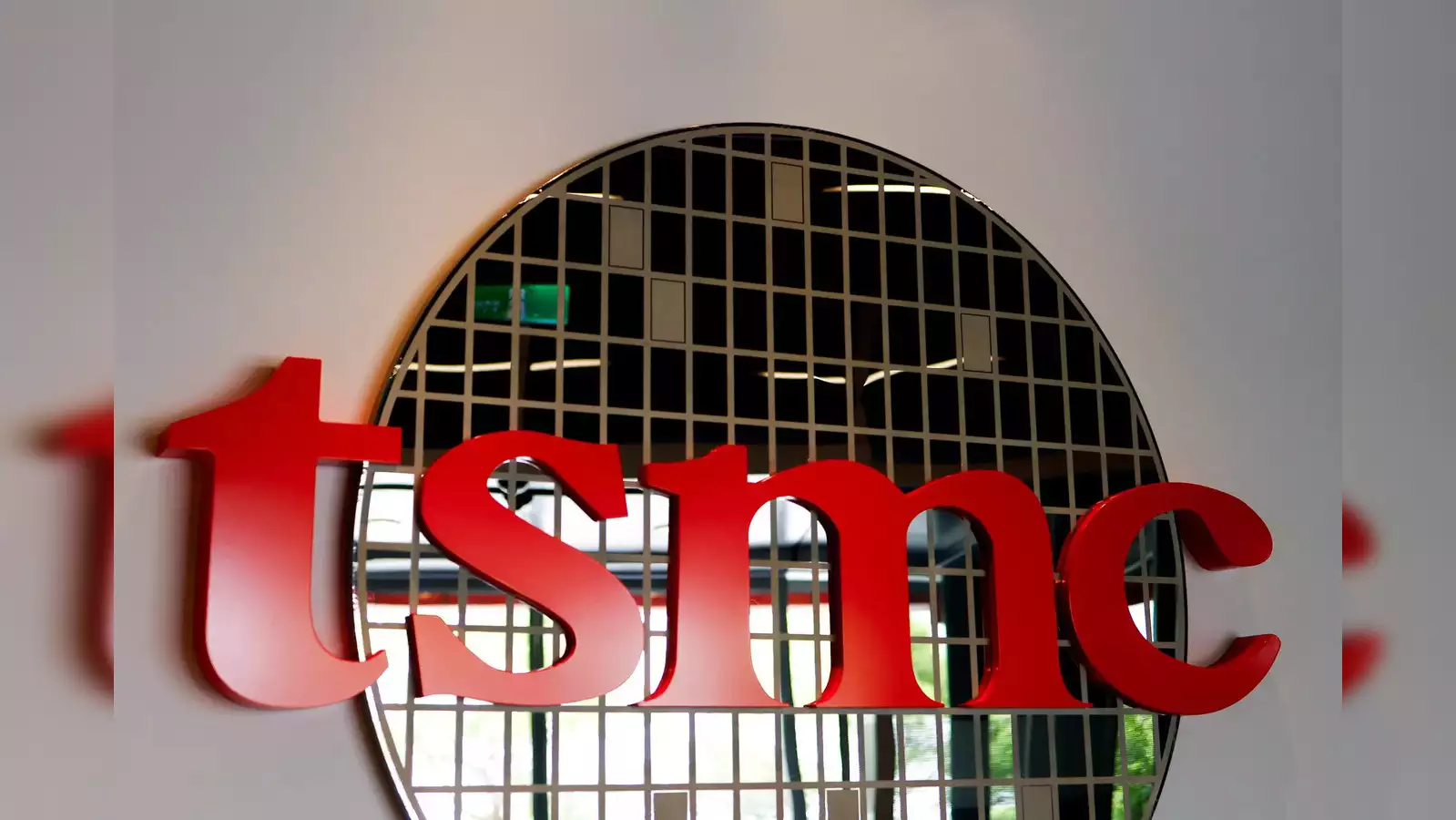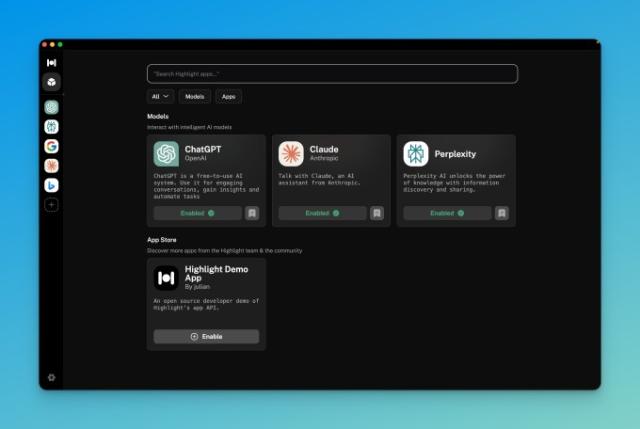OpenAI partners with the LANL, which also conducts research in national security, space exploration, renewable energy, and medicine for bioscience.
OpenAI is collaborating with Los Alamos National Laboratory (LANL), the laboratory that constructed the world’s first nuclear weapon, to investigate the application of AI in bioscience research.
OpenAI announced on July 9 that it was collaborating with the laboratory’s bioscience division to assess the potential of AI models, including GPT-4o, to aid scientists in completing tasks in a physical laboratory.

“This encompasses biological safety evaluations for GPT-4o and its unreleased real-time voice systems to comprehend how they could be employed to facilitate bioscience research,” stated OpenAI.
In 1943, LANL was established to develop and fabricate the world’s first atomic weapon. The laboratory primarily focused on high-level military research for nearly 50 years. However, it transitioned to civilian research and development after the conclusion of the Cold War in 1991.
Currently, the bioscience division of LANL is engaged in a diverse array of research endeavors, such as the development of vaccines, the study of sustainability biotechnology, the influence of climate change on the advent of diseases, and the development of various methods for biothreat detection.
So relax, it’s for bioscience
GPT4o is the most recent “multimodal” large language model from OpenAI. It enables users to engage in real-time conversations with the chatbot using voice, imagery, and text.
The partnership’s mandate delineates responsibilities, including cell transformation, which entails the introduction of foreign genetic material into a host organism, cell culture, and cell separation.
According to OpenAI, the upcoming partnership will expand upon its previous bioscience work in two primary dimensions. This includes the integration of “wet lab techniques,” which entail the training of models to aid in the execution of more intricate tasks such as mass spectrometry.
Furthermore, the AI company announced that its research would concentrate on developing novel “modalities” of AI application in the laboratory. The voice and visual inputs of GPT-4o will create new pathways to “potentially accelerate learning” among scientists.
According to the company, the laboratory’s collaboration with the artificial intelligence firm would enhance its ongoing research on biothreat dangers.
In response to the increasing regulatory concerns, the AI startup is beginning to distance itself from major technology companies, such as Apple and Microsoft. Consequently, a new partnership has been formed.
Microsoft informed OpenAI of its decision to withdraw from the board in a letter dated July 10, one year after the Windows software manufacturer invested $13 billion in the company.
In June, European Union regulators disclosed that OpenAI may be subject to an EU antitrust investigation due to its partnership with Microsoft.



